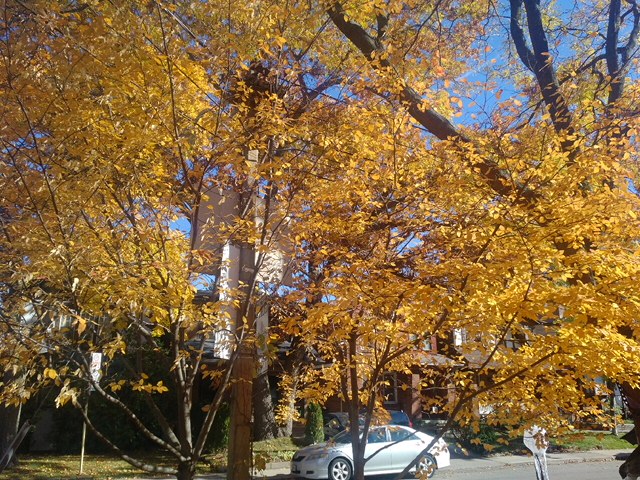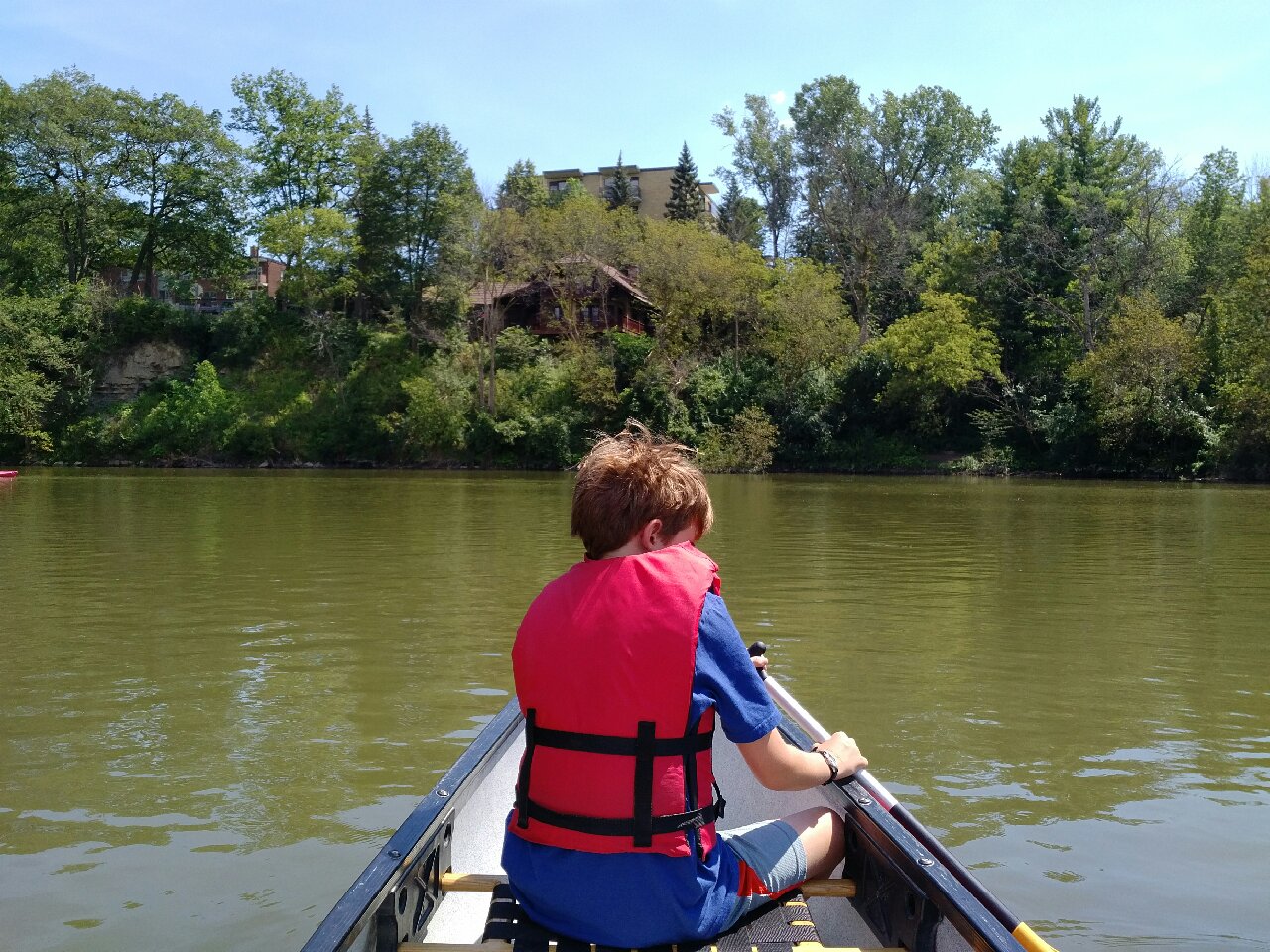What is your interest and motivation for serving as a LEAF board member?
Maintaining and growing the urban forest needs active participation from residents. LEAF has developed a highly successful yard tree planting program, fostered committed volunteers and created effective advocacy and training programs. I am very interested in understanding why residents plant trees, through LEAF’s programs or other means, to consider ways to encourage more yard tree planning. I am also interested in exploring how to develop programs that support residents maintaining their yard trees over the long-term.
I think that LEAF’s approach to tree planting and commitment to urban forest advocacy represents best practice based on current research. I hope to contribute to LEAF’s continued success, drawing on knowledge gained through my research and the latest ideas in the academic literature.

Vancouver from a recent trip to learn about managing urban forestry in a diverse city.
What experience do you bring?
I am an Associate Professor of Geography at the University of Toronto, Mississauga. My research expertise includes socio-ecological dynamics and geospatial analysis of the urban ecosystems. My recent research has examined how policy, urban form, residents and other local actors interact with the urban forest. In particular, my group has examined how residents’ knowledge, attitudes, and experiences influence actions (e.g., tree planting) related to yard trees. Specific research questions I have explored include what motivates people to plant trees in their yard and what property and household characteristics are related to yard tree density, canopy cover, and species richness.

Fall colour in my yard
What do you see as some of the most pressing issues facing the urban forest?
I see several current challenges facing the urban forest, including finding locations to plant enough trees to meet ambitious municipal urban forestry canopy/planting goals; ensuring tree planting addresses the current uneven distribution of the urban forest; selecting appropriate species to plant given on-going climate change and current and future pest vulnerability; helping residents maintain trees already in the ground. There are also many opportunities as a result of interest from government and others in using trees to mitigate and adapt to climate change and address stormwater, as well as growing evidence showing strong links between urban tree presence and positive health outcomes.

Canoeing with the family on the lower Humber.
Are you involved in any other community work?
I have served on EcoSpark’s board for three years. EcoSpark is a registered charity, focused on citizen science as a pathway to animate effective environmental advocacy, particularly among youth. I also sit on the International Society of Arboriculture’s Scientific Committee and have served as an advisor for a Neptis Foundation project
